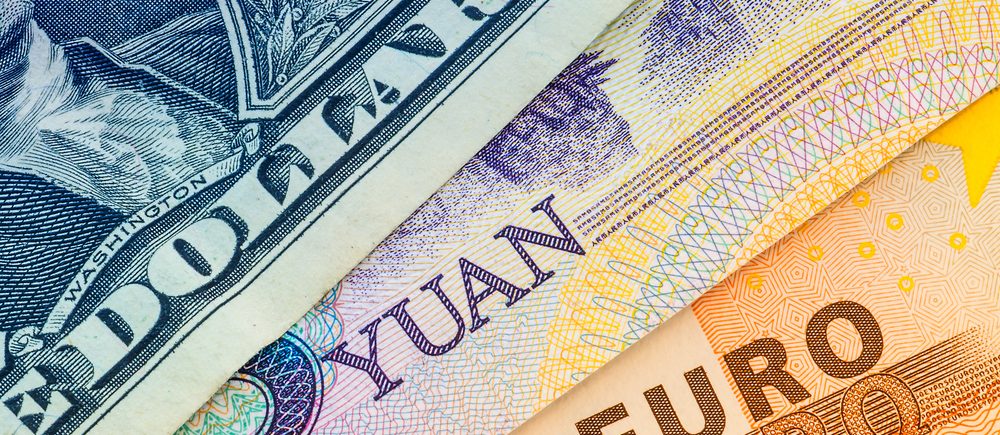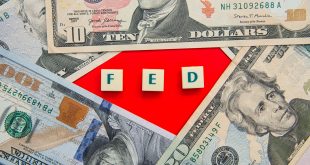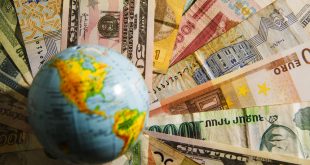The dollar was supported by a wave of risk aversion on Friday, as hawkish comments from global central banks, including the US Federal Reserve, raised fears of a further contraction of the economy.
Sterling struggled to hold on to gains made by the Bank of England’s decision on Thursday to raise interest rates by 50 basis points, in a more-than-expected move, to combat persistent inflation, while traders in Britain worried about recession.
High-interest rates are usually supportive of currencies, but the risk that they will lead to an economic downturn has prompted some investors to look for safe-haven assets such as the dollar.
The pound sterling was last down 0.07% at $1.2740, after jumping briefly in the wake of raising rates to the highest level in nearly a year. The pound is heading for a weekly loss of more than 0.5%, after gains for three consecutive weeks.
The Turkish lira fell to a record low of 25.589 against the dollar, after the Turkish Central Bank raised the interest rate by 650 basis points to 15 percent on Thursday, which came below expectations.
Against other currencies, the dollar rose broadly and settled near its highest level in more than seven months against the yen, recording 142.90. The yen came under fresh pressure as the Bank of Japan maintained a very loose monetary policy.
The euro fell 0.04 percent to $1.0950, while the US currency index rose 0.05 percent against a basket of six major currencies to 102.44.
Federal Reserve Chairman Jerome Powell said on Thursday that the US central bank will move interest rates again, albeit at a “cautious pace”.
Financial markets now expect a 74 percent chance that the Fed will raise interest rates by 25 basis points at the policy meeting next month.
The risk-sensitive Australian dollar fell 0.16% to $0.6746, after falling nearly 0.6% on Thursday. The New Zealand dollar fell 0.05% to $0.6174, after declining 0.4% in the previous session.
 Noor Trends News, Technical Analysis, Educational Tools and Recommendations
Noor Trends News, Technical Analysis, Educational Tools and Recommendations





